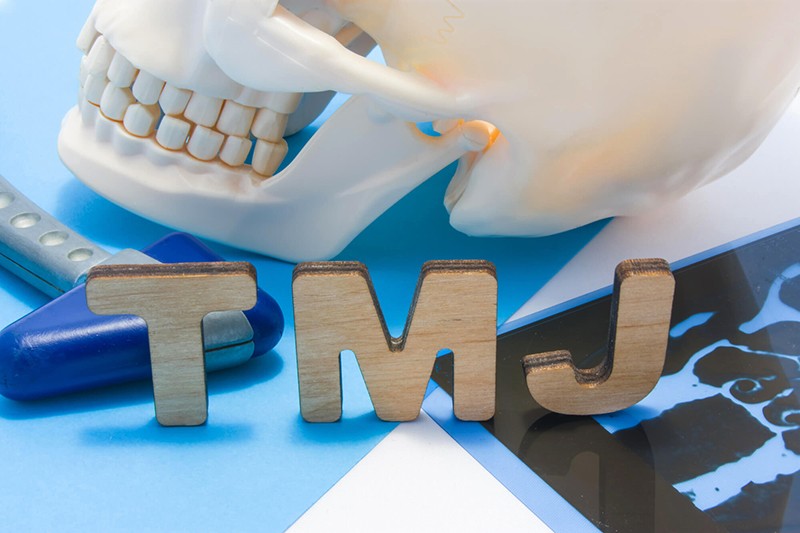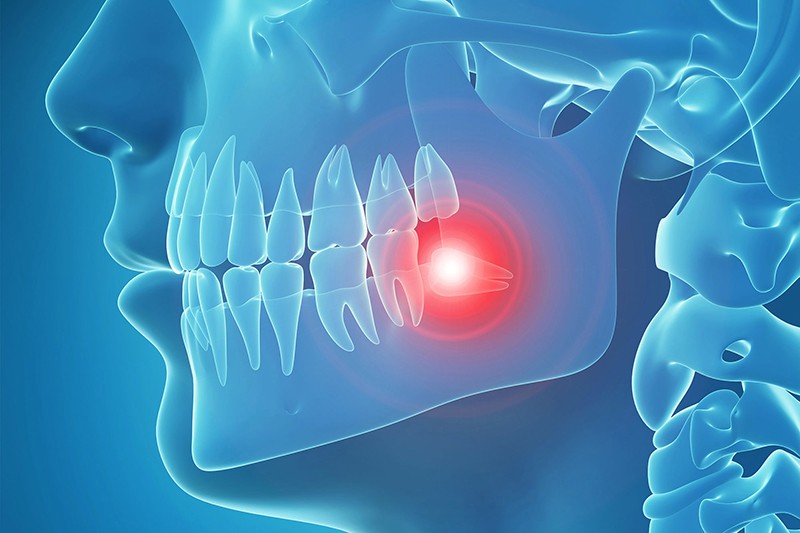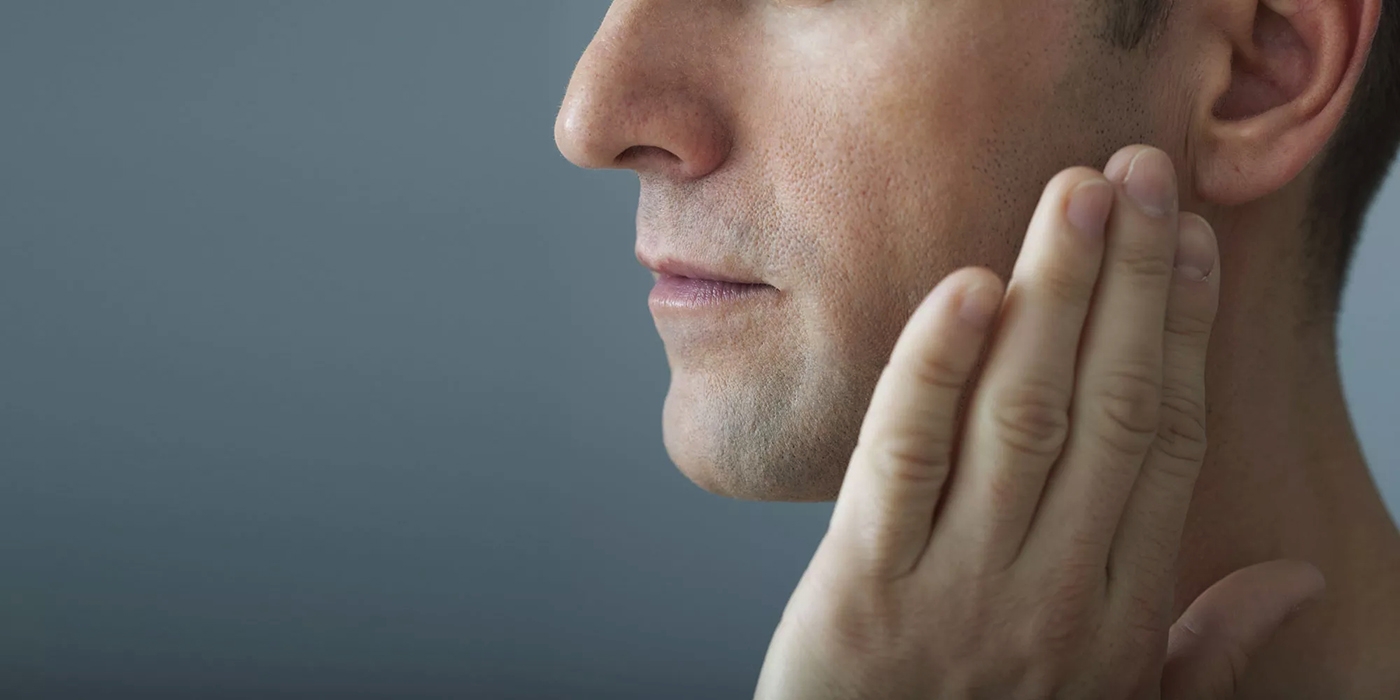Nuttall Smiles offers therapy for the TMJ in Auburn, Washington, to help treat problems with your jaw joint that may have occurred due to bruxism, bad bites, or other dental conditions. We invite you to call us at (253) 939-0700. for more information about TMJ disorders and treatments, and to schedule your consultation with our experienced dentist, Dr. Nuttall.
What is TMJ?
The TMJ or temporomandibular joint, is the joint that connects the lower jaw to the rest of the skull. TMJ is the terminology used to describe TMJ disorder. This occurs as the result of several factors, like stress, bruxism (teeth grinding and clenching), arthritis in the temporomandibular joint. Trauma to the neck, head or jaw as result of injury can also bring on TMJ disorder.

Symptoms of TMJ
The most common symptom of TMJ disorder is pain throughout the muscle in the jaw joint and those used for chewing. Initial pain is described as a dull ache in the temporomandibular joint and surrounding areas. The ears, neck, and shoulders can all be affected by TMJ. TMJ disorders can also cause:
- Grinding, clicking or popping sounds in the jaw when moving it.
- Inability to open your mouth wide to speak
- A locked or stuck jaw
- Pain when chewing and biting
- Frequent headaches
How to Treat TMJ Disorder
When the TMJ joint gets diseased it can create pain throughout the other joints and muscles in the jaw. Pain is often attributed to factors like habitually clenching the jaw or grinding the teeth. Genetics, arthritis, and injury can also be contributing factors. In most cases, the discomfort associated with TMJ can be treated with the following options:
- Medications: Pain relievers and anti-inflammatories, prescription strength ibuprofen, tricyclic antidepressants, muscle relaxants.
- Therapies: Oral splints or mouth guards, physical therapy such as ultrasound, moist heat and ice, education and counseling.
- Surgical or other procedures: Arthrocentesis (ahr-throe-sen-TEE-sis) is a minimally invasive procedure that involves the insertion of small needles into the joint so that fluid can be irrigated, injections, TMJ arthroscopy, Open-joint surgery.
If your doctor recommends surgery or other procedures, be sure to discuss the potential benefits and risks, and ask what all your options are.

TMJ Therapy in Auburn, WA
Our dentist can help you determine the cause of your TMJ disorder and recommend the appropriate treatment. Treatment for the TMJ will depend on the cause and severity of your TMJ disorder. TMD treatment may include jaw and facial relaxation exercises, lifestyle changes, restorative dental treatments, a mouth guard or night guard, or jaw surgery. To learn more about TMJ treatment and schedule your consultation with our dentist, we encourage you to contact us today.

